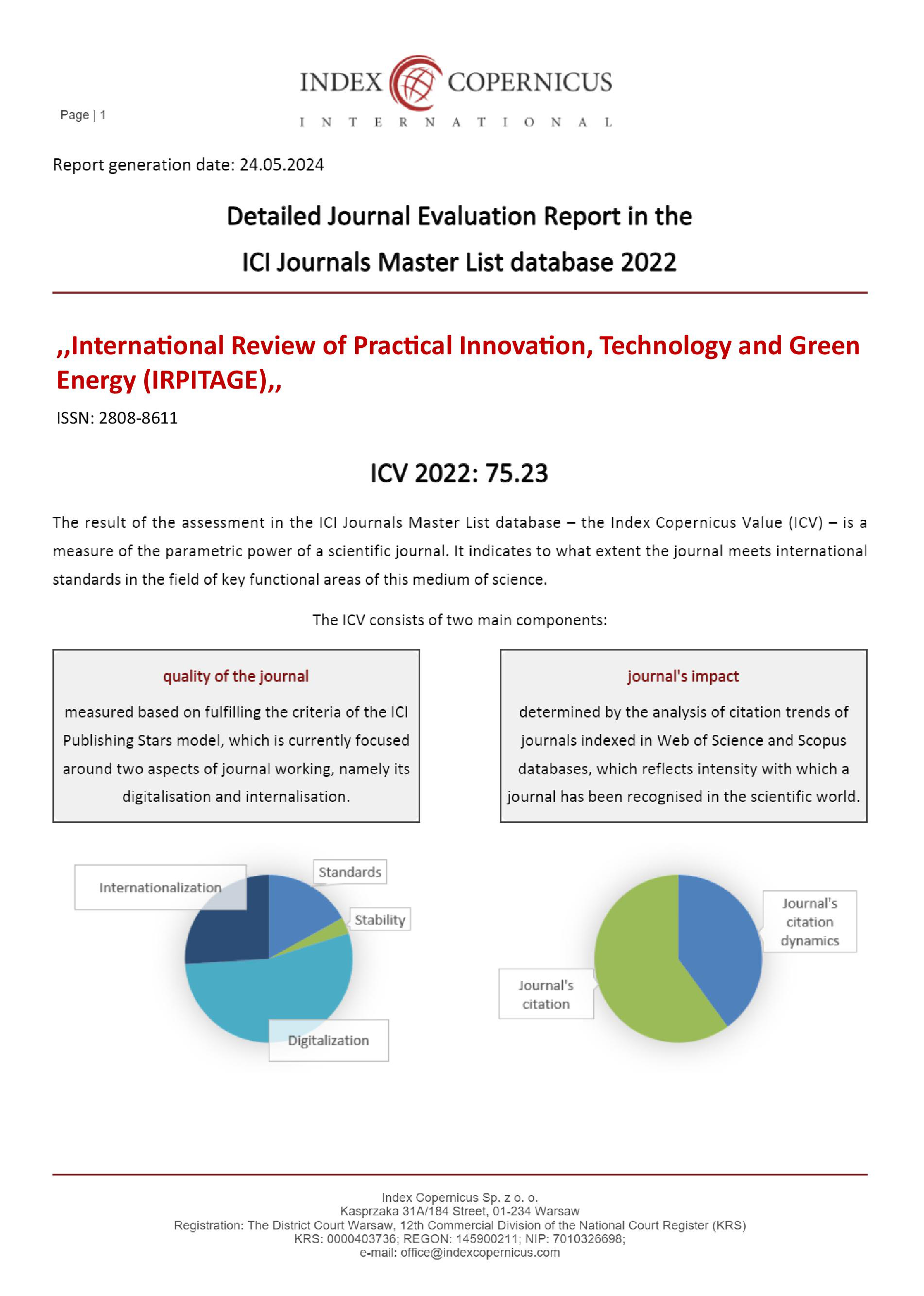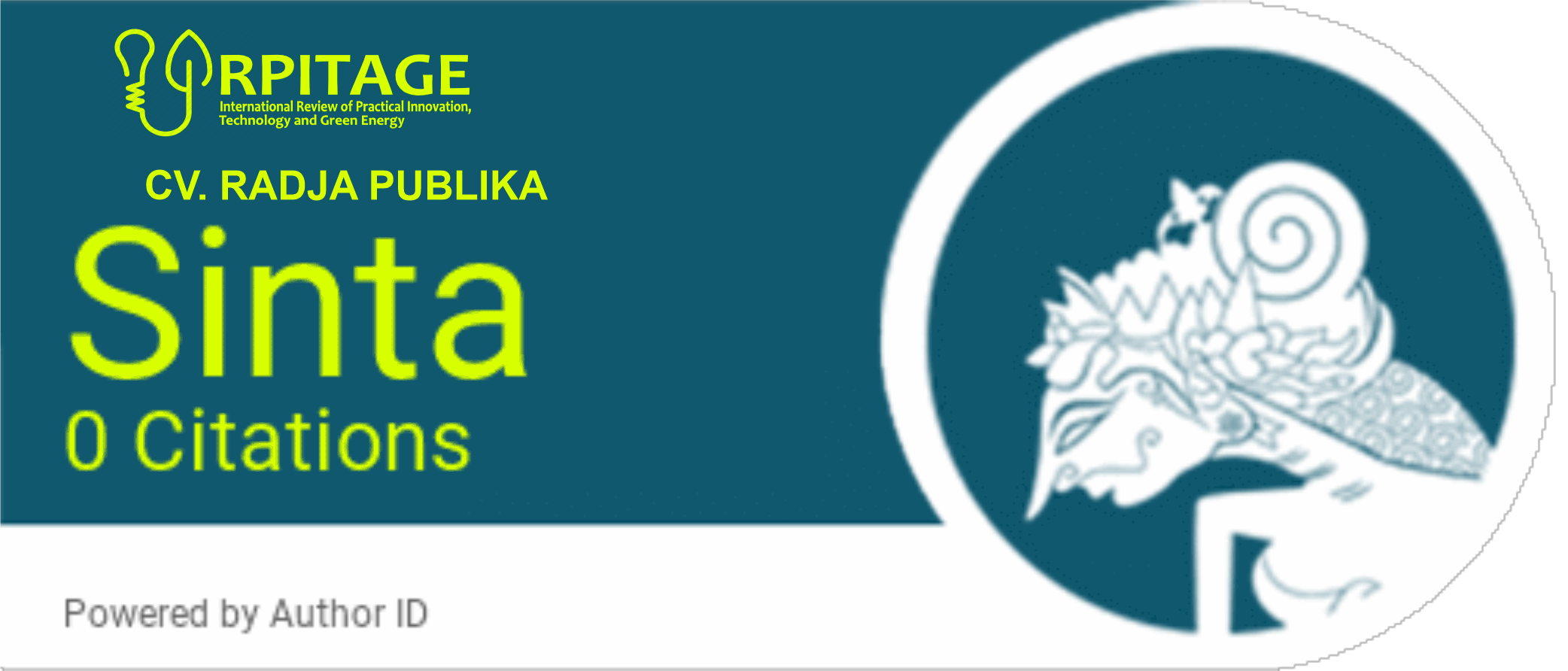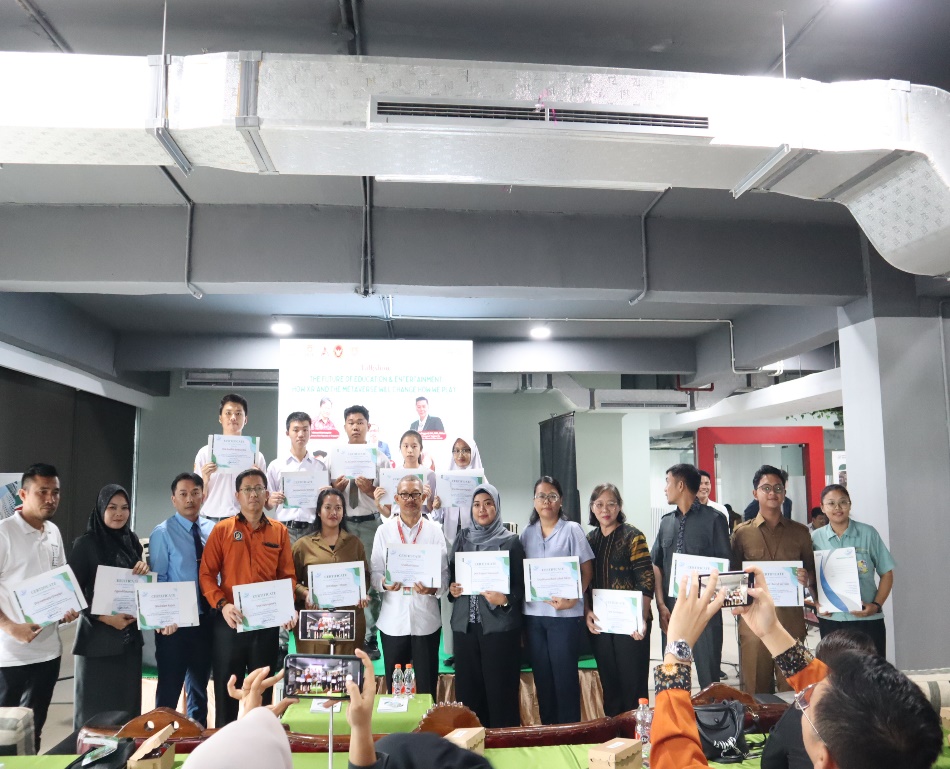THE FUTURE OF EDUCATION: HOW XR AND THE METAVERSE WILL CHANGE THE WAY STUDENTS ARE VIEWED TODAY
Main Article Content
Hendra Jonathan Sibarani
Dompak Pasaribu
Debora Tambunan
Dewi Rafiah Pakpahan
Victor Maruli Pakpahan
Frans Gideon Sinuhaji
Grestin Ekalina Turnip
Tony Blayer Simangunsong
Jen Peng Huang
The dynamic world of education, of course, will always experience developments so as not to be left behind and can produce successors or generations who have expertise and have high competence. Conventional or old-fashioned teaching methods are of course still done orally or lecture methods, reading books, watching videos, currently undergoing many changes following the development of existing technology. The development that is currently being discussed in the world of education is by utilising the metaverse. Metaverse is a technology-based virtual space concept that allows people to interact immersively in a digital world similar to the real world. In the Metaverse, users can enter the virtual world using devices such as Extended Reality (XR) which includes VR (Virtual Reality) or AR (Augmented Reality) to communicate, work, play, and do other activities. Metaverse provides many benefits to education, especially by creating a more immersive and interactive learning experience. In the Metaverse, students can learn through virtual simulations, such as exploring history in the past, learning science in a virtual laboratory, or practicing practical skills in an environment that resembles the real world. With Metaverse and Extended Reality (XR), it not only increases student engagement, but also helps students understand the material more deeply through experiential learning. In addition, Metaverse enables collaboration without geographical boundaries, where students and teachers from different parts of the world can meet and interact in a virtual space. As such, the metaverse supports a more inclusive and personalised learning system, giving access to materials and experiences that may be hard to reach in traditional education.
Abdillah, F., Riyana, C., & Alinawati, M. (2018). Pengaruh Penggunaan Media Virtual Reality Terhadap Kemampuan Analisis Siswa Pada Pembelajaran Ilmu Pengetahuan Alam Kelas VII Sekolah Menengah Pertama.
Asikin, N., Nevrita, N., & Alpindo, O. (2019). Pelatihan pemanfaatan media pembelajaran berbasis virtual reality untuk guru-guru IPA kota Tanjungpinang. Jurnal Anugerah, 1(2), 71-76.
Buchori, A., Rahmawati, N. D., Prasetyowati, D., & Setiawan, A. (2022). Pelatihan Hypermedia Berbasis Virtual Reality Bagi Guru Guru MAN 2 Kudus. Muria Jurnal Layanan Masyarakat, 4(1) Edutcehnologia, 2(2), 36–38.
Heidi Williams, (2021), No Fear Coding - 2nd Edition, International Society for Technology in Education, USA
Ioannidou, A., (2011). Computational Thinking Patterns. Annual Meeting of the American Educational Research Association (AERA)
Norani Lapawi & Hazrati Husnin, (2020). Investigating Students’ Computational Thinking Skills on Matter Module, (IJACSA) International Journal of Advanced Computer Science and Applications, Vol.11, No.11,2020, National University of Malaysia











